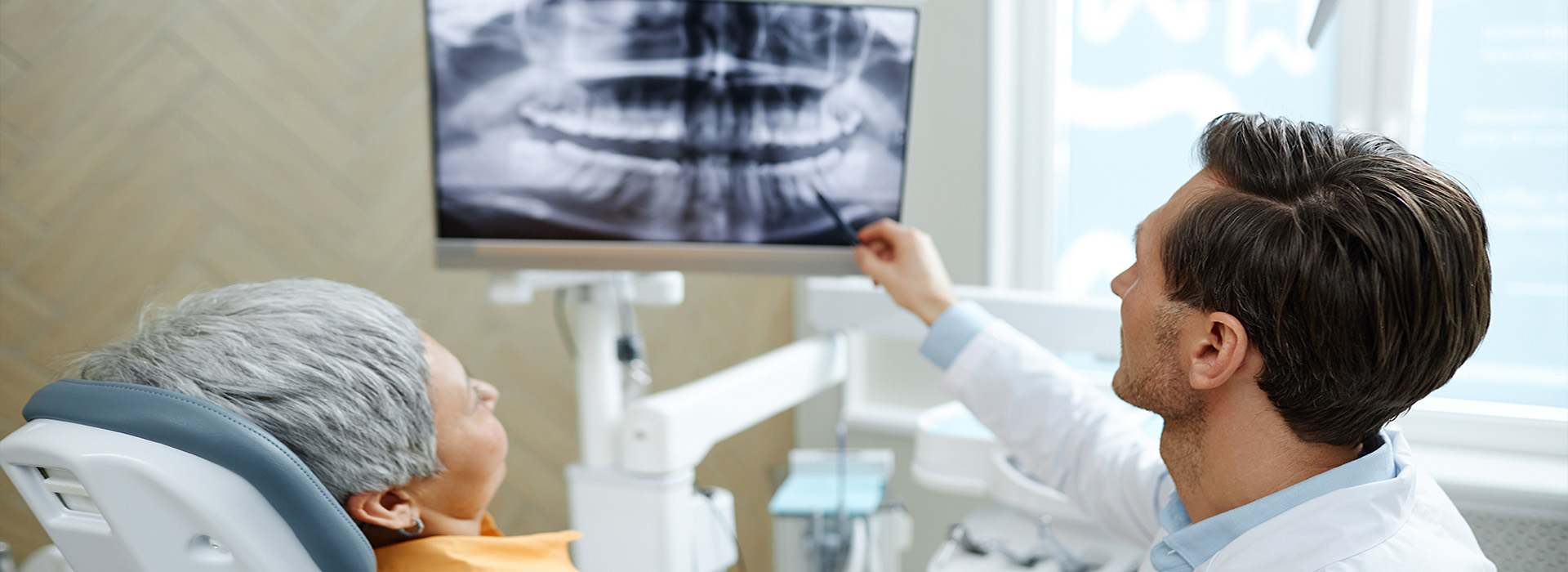Dental implant placement and long-term stability and success rely on healthy and adequate bone support surrounding the implant. In the maxilla (the upper jaw), replacing the posterior maxillary teeth with dental implants can be challenging when the amount of dental bone is insufficient, and the maxillary sinus sits in the way.
Today, several procedures, including bone augmentation, sinus lifts, tilted implants, zygomatic implants, and pterygoid implants, are available to address maxillary sinus issues and inadequacies in the quality and quantity of bone available for maxillary posterior implants.
At ANEWU, we meticulously treatment plan every implant case to ensure healthy, aesthetically pleasing, and long-lasting treatment outcomes. In some cases, we recommend pterygoid implants (also known as pterygo-maxillary implants and tuberosity implants) as the best option in care.
Where are pterygoid implants placed?
The posterior, or hind-most region of the maxillary arch, is an area referred to as the maxillary tuberosity. It’s within, and just behind the spot, an upper wisdom tooth would sit. Placing an implant in this area and extending to where the upper jaw and the pterygoid process of the sphenoid bone meet will provide a strong foundation for a dental implant. As precisely inserted from the tuberosity into the medial pterygoid at a 45-degree angle, pterygoid implants provide excellent support for fixed and permanent replacement teeth.
Pterygoid implants offer the following benefits:
- Facilitate the placement of a permanent implant-supported set of teeth - As the maxillary tuberosity and sphenoid bone provide dense, stable bone, they offer patients with inadequate maxillary bone and sinus issues the opportunity to get a fixed, non-removable set of teeth instead of removable dentures. Unlike removable dentures, fixed, non-removable replacement teeth behave like a natural smile, allowing confident oral function without the fear of denture slippage or the need for messy denture adhesives.
- Avoid the need for a bone-grafting procedure or sinus augmentation - Pterygoid implants can bypass a low-lying maxillary sinus and areas of bone loss in the posterior maxilla. As they skirt the need for bone grafting or sinus augmentation procedures and the months it takes for adequate healing to occur before dental implant placement, they facilitate far quicker treatment times for rebuilding a complete and beautiful smile.
- Offer a high success rate - Studies demonstrate that pterygoid implants offer an excellent option for patients with an atrophic maxilla, minimal complications, and a success rate that’s well over 90%. As placed by our skilled, experienced oral and maxillofacial surgeon, pterygoid implants also allow immediate loading, same-day procedures.
Taking care of your new smile
Dental implants, including pterygoid implants, are easy to maintain and require the same attention as a natural smile. With brushing, flossing, routine checkups, and care, you can enjoy the benefits of a complete and beautiful smile for years to come.
For more information on pterygoid implants and how ANEWU can give you a smile you’re confident sharing, contact our office today.


